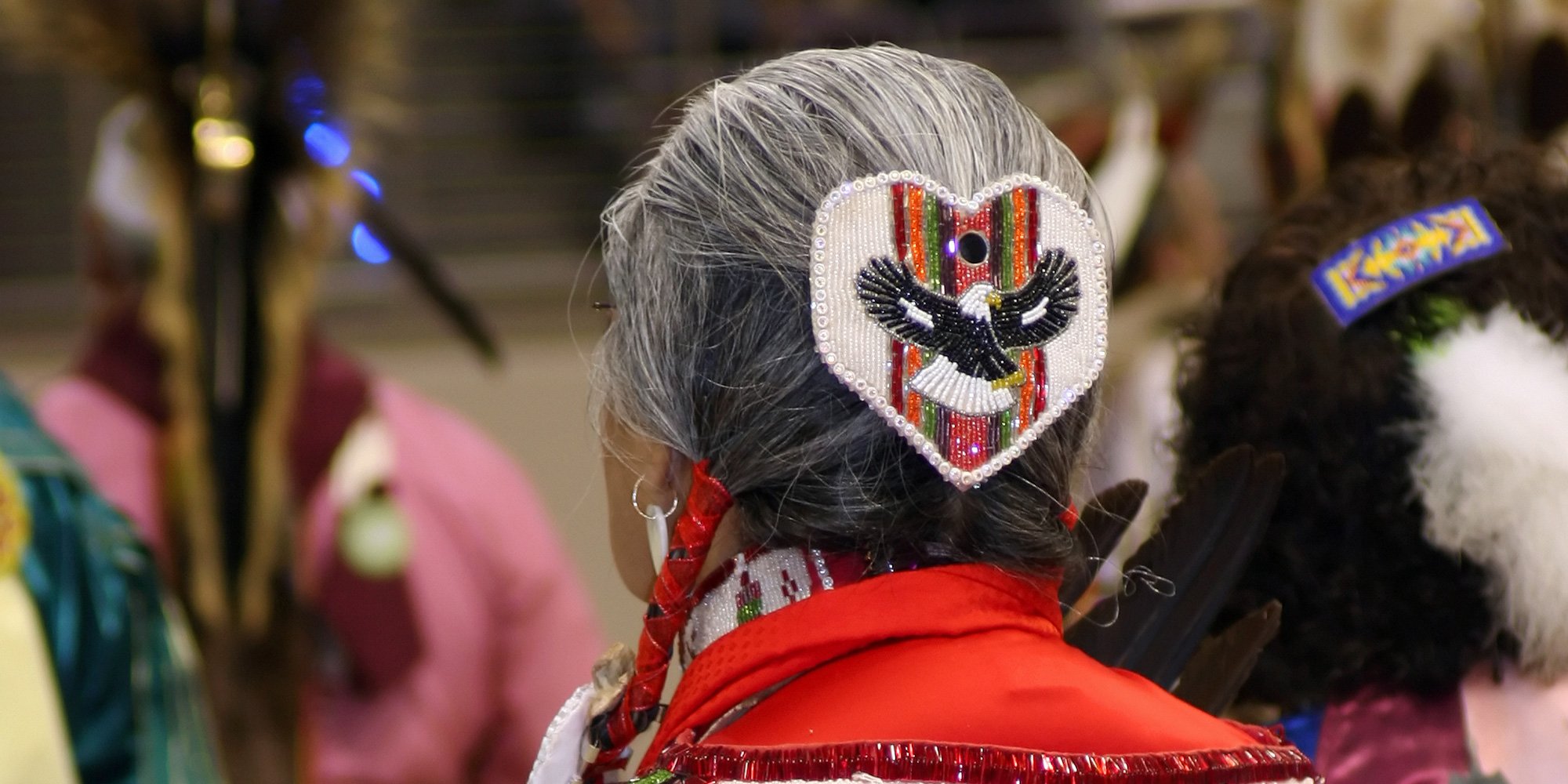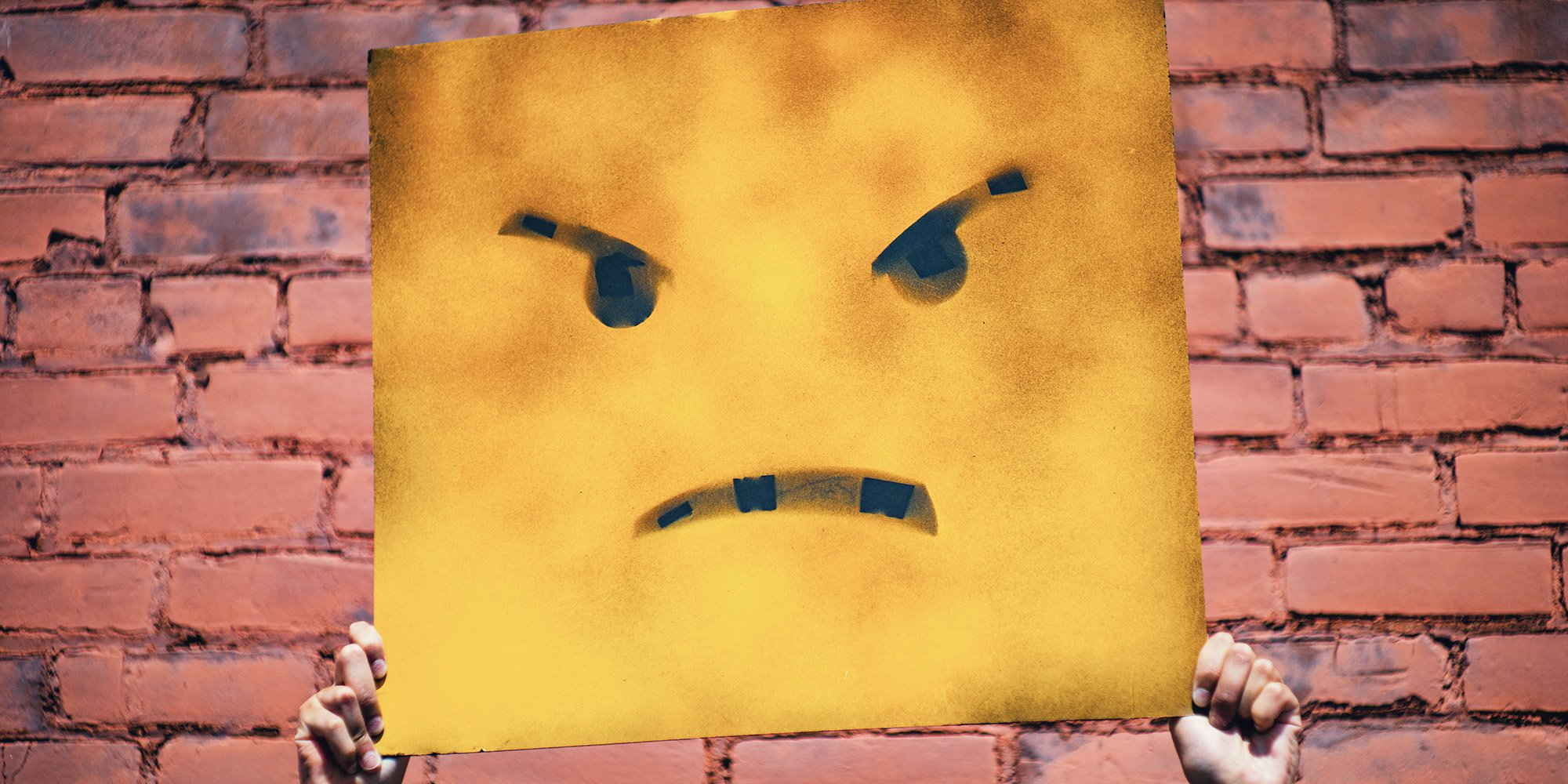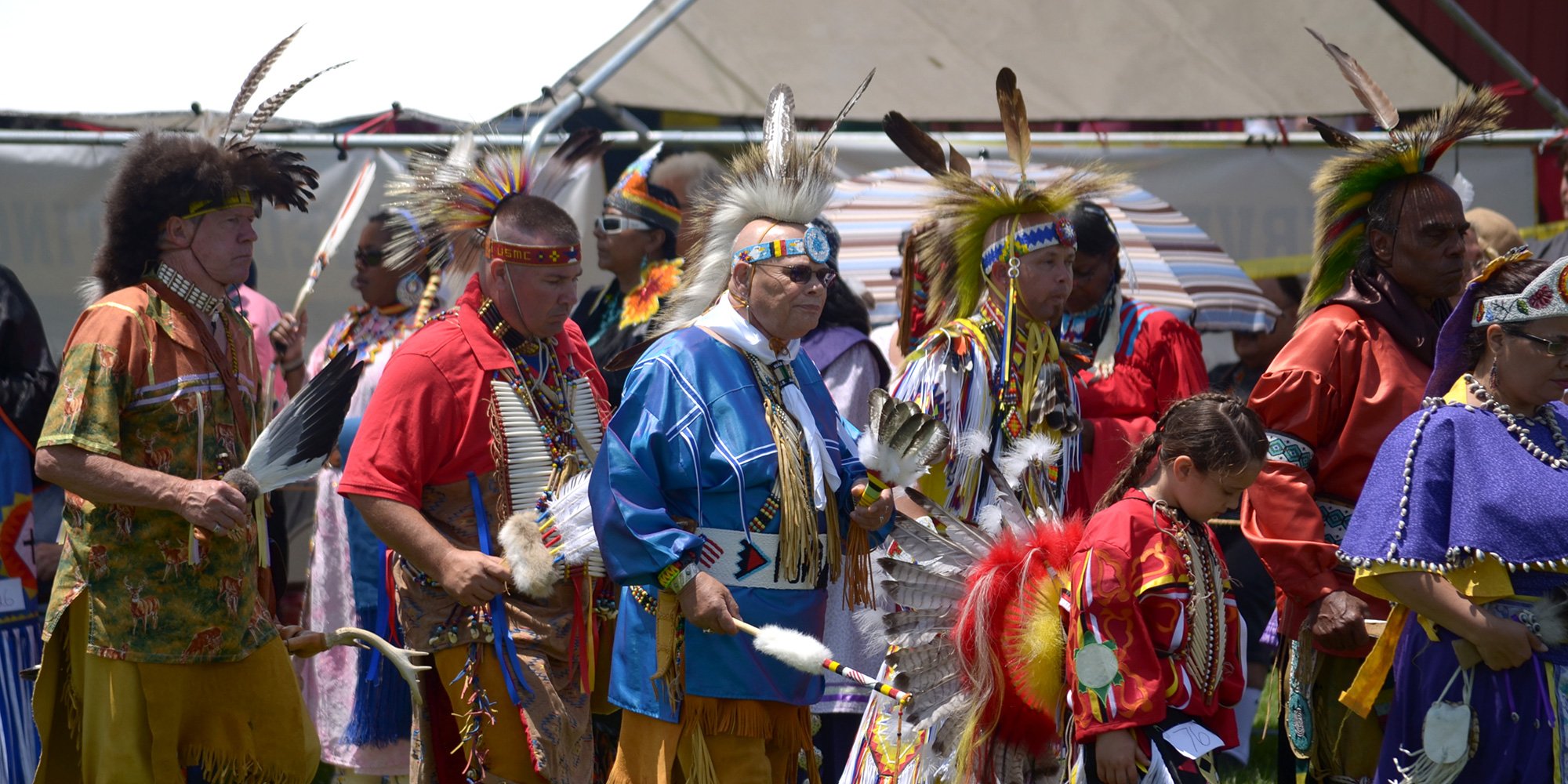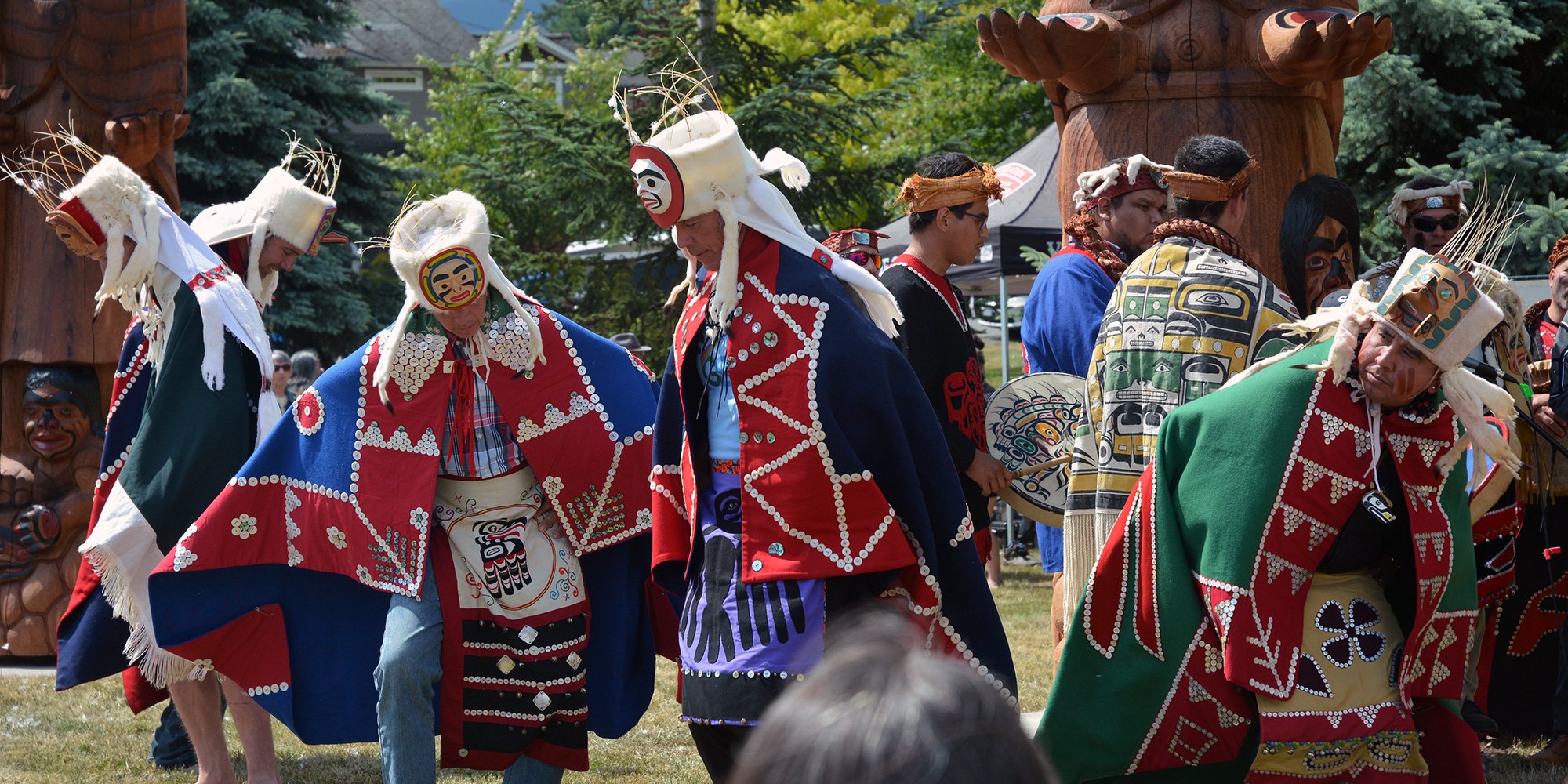Uncivil Dialogue and Indigenous Peoples
Uncivil dialogue in Canada is alive and well, if only as indicated by the nature of the statements and conversations that take place in the comments...

In this article, we provide the definition of Indigenous Elder and answer some specific questions people ask us in our Working Effectively with Indigenous Peoples® training. Questions such as: what makes someone an Elder, is being an Elder age-specific, how should you address Indigenous Elders and more.
The big challenge in answering this question is that not all communities are the same and it really depends on the culture or community to define what makes an Elder.
One common trait among Indigenous Elders is a deep spirituality that influences every aspect of their lives and teachings. They strive to show by example - by living their lives according to deeply ingrained principles, values and teachings.
Being an Elder is not defined by age, but rather Elders are recognized because they have earned the respect of their community through wisdom, harmony and balance of their actions in their teachings. In First Nation Elder vs Senior, we take a closer look at the importance of effective communication.
Being an Elder is not gender-specific as in my own experience I know both male and female Elders.
While the exact role of Elders may change from community to community, there are common principles that Elders try to instill in their community members such as respect for the natural world and that the earth is their mother. Indigenous Elders are deeply committed to sharing their knowledge, providing guidance, teaching others to respect the natural world, to learn to listen and feel the rhythms of the elements and seasons.
In some communities, when families move apart, Elders will travel to visit the family members in order to keep in touch and to prevent them from forgetting their connections. In some jurisdictions, Elders have a real presence in the schools. Some Elders have also formed organizations, with regular meetings and websites such as the BC Elders Gathering.
In my experience, the duties of an Elder today can include: conducting smudges, sweats, prayers, opening prayers, participating in protocol at meetings and events, counselling, sweetgrass ceremonies and negotiations, to name but a few.
Honorarium amounts vary but Elders do get compensated for travel and time. You have to determine which Nation’s traditional lands you are in, and then contact the office of that Nation and ask if they can suggest an Elder and the amount of the customary honorarium. Please read First Nation Elder Protocol for more complete information.
There are four sacred plants: tobacco, sweetgrass, sage and cedar. A gift of one of the four sacred plants is seen as recognition of the wisdom an Elder can share. In Inuit culture, tobacco is not used ceremonially.
Featured photo: Shutterstock

Uncivil dialogue in Canada is alive and well, if only as indicated by the nature of the statements and conversations that take place in the comments...

This is an article about the impact words and communications have on the recipient. I've said it before and I'll keep on saying it, the words we...

Indigenous Peoples around the world are increasingly concerned about protecting their Indigenous knowledge (IK) and traditional cultural expressions...